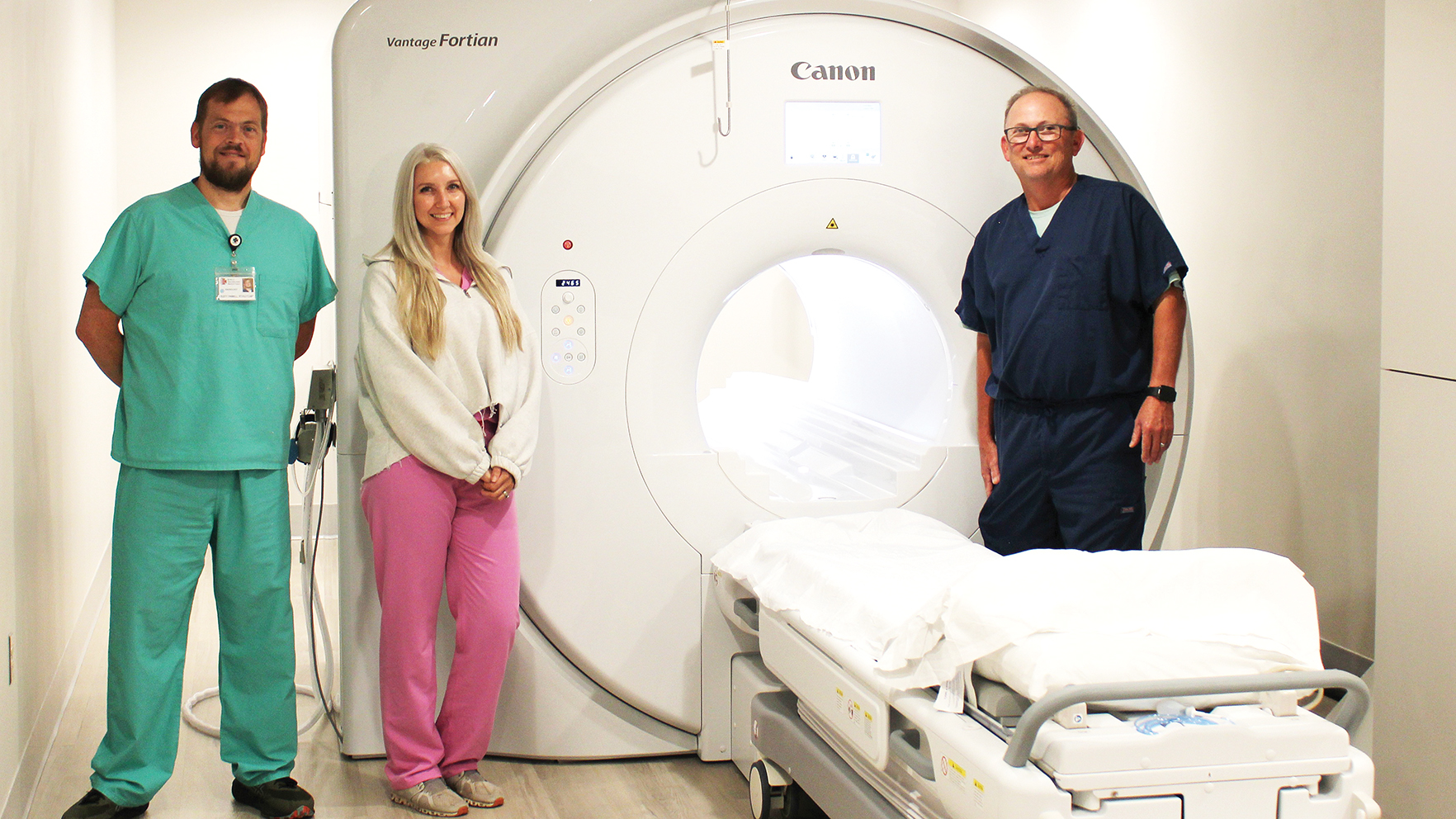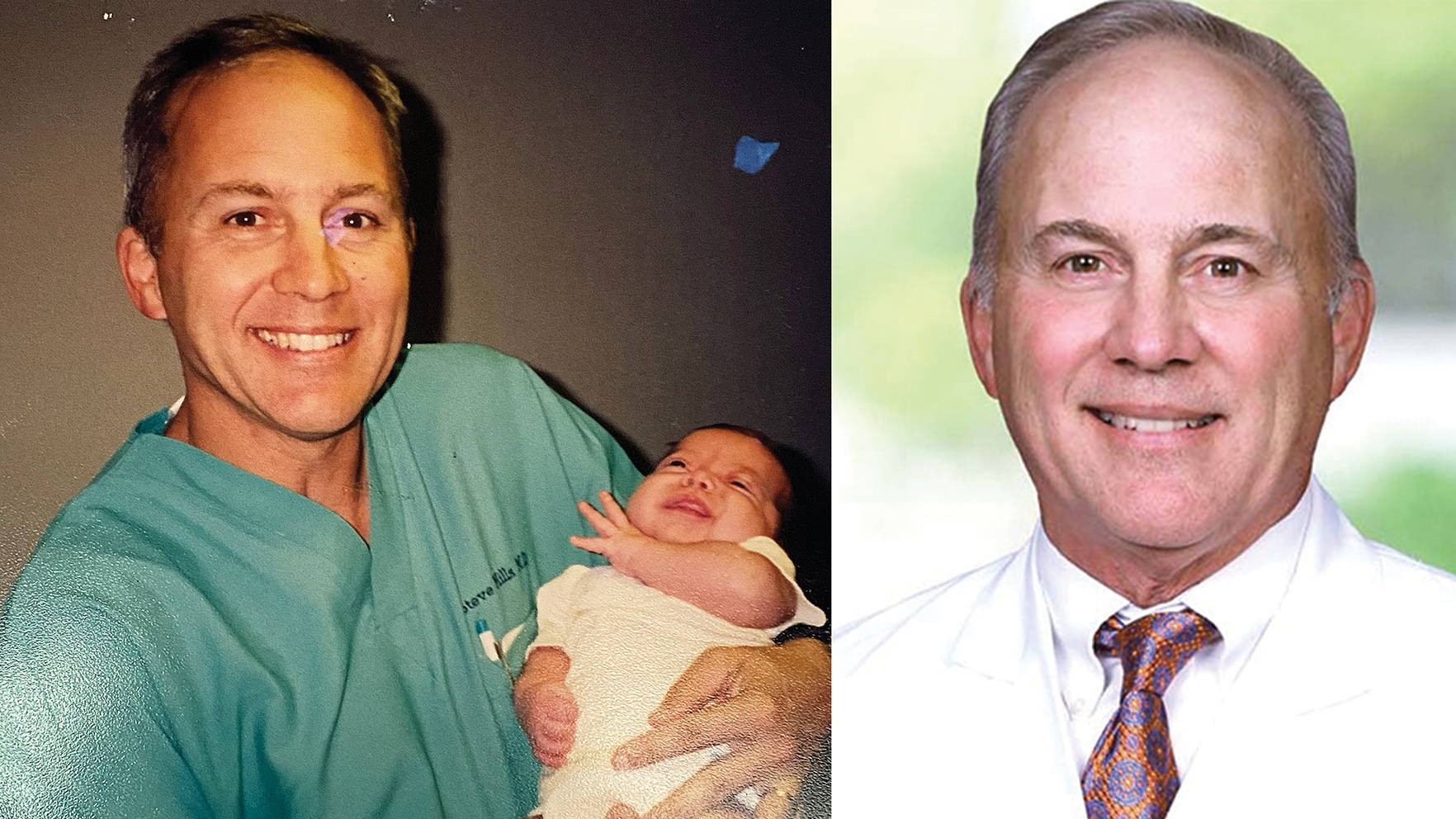Hoglund, Ginn gamble on themselves
Published 10:01 pm Tuesday, July 10, 2018
Gunnar Hoglund and J.T. Ginn could have made life-changing decisions Friday.
They could have called the Los Angeles Dodgers, in Ginn’s case, or the Pittsburgh Pirates, in Hoglund’s case, and both been awarded more than $2 million to simply sign their name and join those respective Major League Baseball organizations and forego college baseball.
Both of them will be in English Comp, Geology 101 or College Algebra when September rolls around, however, as both elected to attend college in Mississippi, with Ginn attending Mississippi State and Hoglund attending Ole Miss.
Trending
The initial reaction from most, myself included, is how could someone turn down life-changing money to go to college. You go to college to get a job, right? How could someone find a job at 22 which paid them that type of money by getting a degree?
Reality is, however, the data suggests when you get past the signing bonus, going to college gives you a better chance at playing in the big leagues.
According to Baseball America’s Matt Eddy, high school players drafted in the top 100 picks play in a MLB game 33 percent of the time, while college players drafted in the top 100 picks play in a MLB game around 50 percent of the time.
MLB opening day rosters were filled with 71 percent players who spent time in the college system. The days of viewing college baseball as an afterthought for elite-level talent appear to be long gone.
Those numbers likely played into Hoglund and Ginn’s decision-making to attend Ole Miss and Mississippi State.
Ginn hit 100 MPH in his last high school game and will have a chance to step into Mississippi State’s rotation immediately.
Trending
Hoglund didn’t walk a single hitter in his first 52 innings his senior year, and he struck out 102 over that time span.
Both right-handed pitchers have an elite-level repertoire, and they’ll have the chance to be drafted higher than No. 30 or No. 36 overall in two or three years and make more money than they were offered in high school.
They’ll also have a head start on a college degree, two to four years pitching in the best conference in college baseball, and the experience of playing in front of some of the most passionate fans in college baseball.
It’s a gamble to turn down $2 million dollars, sure enough, but it’s becoming more and more of a calculated one every single year.
Sports editor Collin Brister can be reached at collin.brister@dailyleader.com or 601-265-5306.





